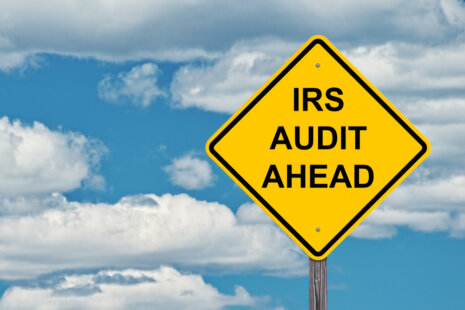The amount of business tax owed to the IRS varies depending on several factors, including the type of business entity, its income, deductions, credits, and other tax-related factors.
Here are some key points to consider…
- Taxable Income – Businesses are generally taxed on their taxable income, which is calculated by subtracting allowable deductions from their gross income. The tax rate applied to taxable income depends on the type of business entity.
- Tax Rates – The tax rates for businesses vary depending on the type of entity. For example…
- C corporations are taxed at the corporate tax rates, which range from 15% to 35% for federal income tax purposes. The Tax Cuts and Jobs Act of 2017 reduced the corporate tax rate to a flat 21% rate for tax years beginning after December 31, 2017.
- S corporations, partnerships, and sole proprietorships are generally “pass-through” entities, meaning that their profits are passed through to the owners’ personal tax returns and taxed at the individual income tax rates applicable to the owners.
- Estimated Taxes – Businesses are typically required to make estimated tax payments throughout the year if they expect to owe a certain amount of tax. Estimated tax payments are made quarterly and are based on the business’s expected income and tax liability for the year.
- Deductions and Credits – Businesses can reduce their taxable income by claiming deductions for various business expenses, such as wages, rent, utilities, and business-related travel. Businesses may be eligible for various tax credits that can further reduce their tax liability.
- Other Taxes and Fees – In addition to income taxes, businesses may be subject to other taxes and fees, such as employment taxes (e.g., Social Security and Medicare taxes), excise taxes, sales taxes, and state and local taxes.
It’s important for businesses to accurately calculate their tax liability and ensure compliance with IRS tax laws and regulations. Consulting with a tax professional or accountant can help businesses navigate the complexities of business taxation and maximize their tax savings while minimizing the risk of tax-related issues or penalties.




